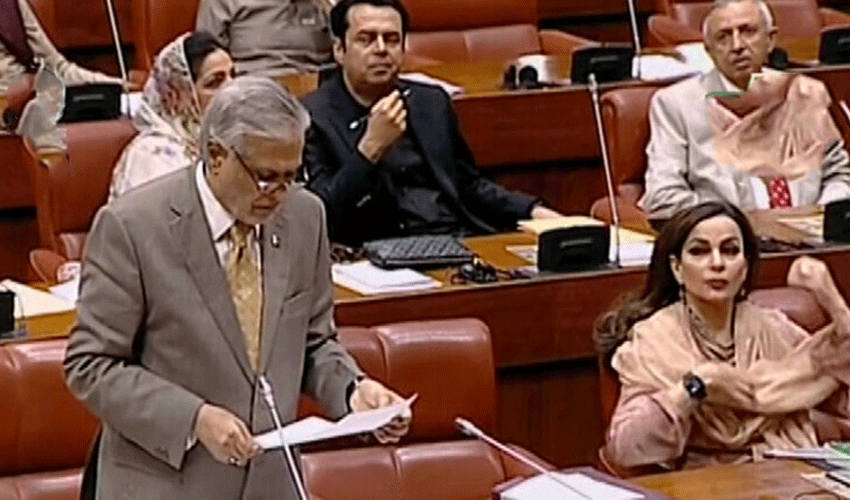The Meteorological Department has issued a nationwide heatwave alert, warning of unusually high temperatures across Pakistan from April 26 to May 1, followed by a rain and hailstorm spell in the upper regions of the country.
According to the Met Office, temperatures in Sindh, southern Punjab, and Balochistan are expected to soar 5 to 7°C above normal levels from Friday until May 1. Meanwhile, upper parts of the country, including northern Punjab, Islamabad, and Khyber Pakhtunkhwa (KP), will face temperatures that are 4 to 6°C higher than usual between April 27 and 30.
A fresh western weather system is forecast to enter the upper regions of the country on April 30, which could bring rain and hailstorms to Islamabad, northeastern Punjab, and upper KP from April 30 to May 1, the Met Office said.
Despite the expected rainfall, the Met Office has warned that another heatwave may hit the country on May 1, further exacerbating weather-related challenges. It further said that the rain and hailstorm are likely to affect vehicles and solar panels.
PDMA issues alert for Khyber Pakhtunkhwa
In light of the rising temperatures, the Provincial Disaster Management Authority (PDMA) has issued a high alert for Khyber Pakhtunkhwa. The PDMA forecasts extreme heat in several KP cities from April 27 to 30, urging residents to avoid unnecessary outdoor activities and direct sun exposure, especially between 10am and 5pm.
In an official letter to district administrations, the PDMA has warned of possible heatstroke cases, strain on water reservoirs, and challenges for farmers, recommending adequate water arrangements for crops. It also advised the public to check vehicle temperatures, engine water levels, and tire pressure before travelling.
The PDMA further stated that medical services, paramedics, rescue teams, and heatstroke centers should remain on high alert, while the Emergency Operation Center is fully functional. Citizens can report emergencies via the 1700 helpline.
Advisory for public
The Meteorological Department and PDMA have jointly urged the public to:
-
Avoid direct exposure to sunlight during peak hours
-
Stay hydrated and use water wisely
-
Take special care of children and the elderly
-
Ensure the safety of vehicles and solar panels, especially during hailstorms



























